Cork Coasts: Crosshaven RNLI in the spotlight - 'We’re a team, a band of brothers'
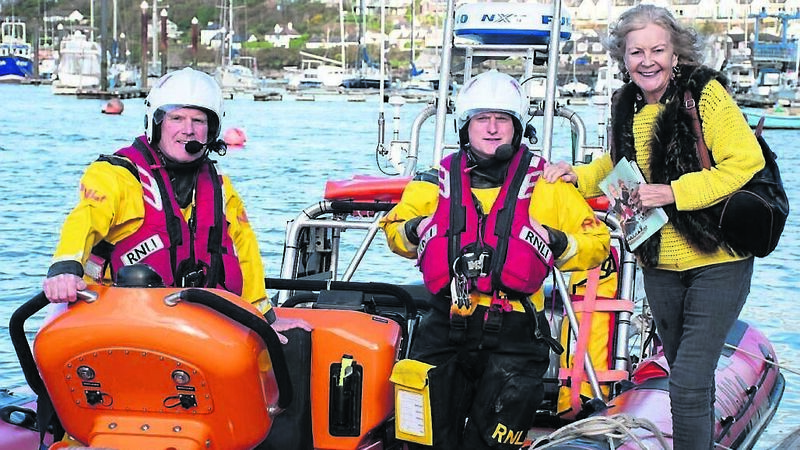
Echo reporter Chris Dunne (right) with RNLI crew Kline Pennefather and Helm Alan O’Connor in Crosshaven. Picture: Howard Crowdy
ON a blustery sunny morning driving into Crosshaven - the hidden gem of Cork’s harbour - the proud Royal National Lifeboat Institution (RNLI) flag is flying high at the town’s Lifeboat Station.
Helm Alan Veneer and Kline Pennyfeather are two of the crew here dedicated to saving lives at sea.
“My responsibility is to launch the boat at sea, command the boat, and look after the safety of the crew on board,” says Alan, who is dad to two boys, Frank and Evan, and whose father and brothers, Ian and David, also served as volunteers at Crosshaven Lifeboat Station.
The station opened here in 2000.
Alan knows the drill.
I am responsible for everything that happens during a rescue, when the lifeboat is being recovered and made ready for the next rescue.
He knows his craft.
The John and Janet lifeboat, provided by an anonymous donor, replaced the old Miss Betty vessel, which was donated by the late Clayton Love.
“Before our lifeboat station opened, Crosshaven was served by Ballycotton to the east or Courtmacsharry to the west,” says Alan.
How did Crosshaven station come about?
“A delegation from the Royal Cork Yacht Club, including my brother, Ian, approached the RNLI to set up the station,” says Alan.
He and his brothers have a connection to Ireland’s oldest yacht club, Royal Cork Yacht Club, founded in 1720.
“We worked in the yacht club, and we often did the driving of the rescue boats, ribs, during the various yachting events,” says Alan.
The yacht club called on us to help out in a rescue.
Growing up beside the sea, Alan was always involved in, and connected to the water.
“I learned a lot of skills and I decided to put them to good use to help people in distress, volunteering with Crosshaven Lifeboat Station,” says Alan, who works as a mechanical engineer.
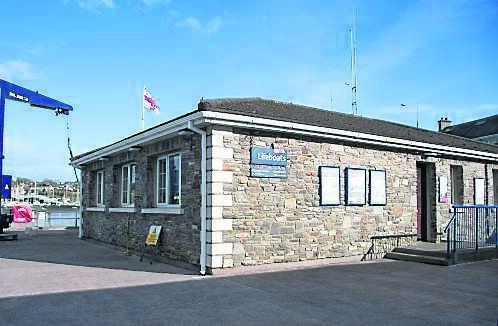
It requires extensive training to become a RNLI volunteer.
Every member goes through some of the world’s most rigorous lifesaving training. By the time they launch on their first rescue, they will have received training in using their kit, their lifeboat’s lay-out, and what to do in an emergency.
“I trained in every task needed to become a volunteer,” says Alan. “From tying knots, tying the boat, steering the boat, becoming familiar with nautical terms, chart navigation and electronic navigation.
“These are just some of the continuous trainings involved in being a lifeboat volunteer with the RNLI.
“Of course, having all the necessary kit to reach people is vitally important.”
Apart from taking on the might of the sea, often in treacherous conditions, RNLI lifeboat crew must be ready for all eventualities.
“If you have to deal with a casualty, you have to know what to do,” says Alan. “Circumstances can vary quite a bit.”
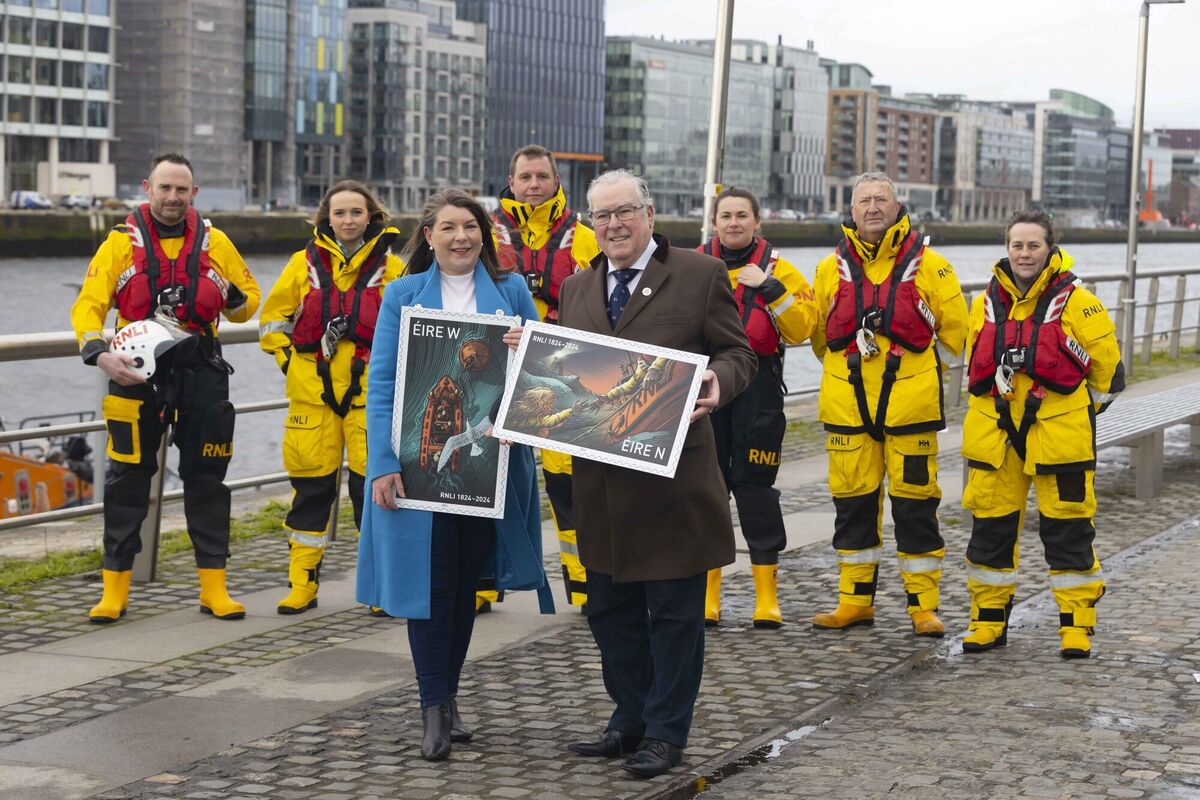
Alan is very familiar with his surroundings.
“Having good local knowledge is an advantage,” he says.
It is always great to see people being rescued.
Does he fear the unpredictable moods of the sea that can throw up the perfect storm on a previously perfect day?
“With our sophisticated equipment, and being part of a highly trained skilled team always communicating with each other, we always have the answer what to do in the event of something unpredictable happening,” says Alan.
“Yes, the conditions at sea can overwhelm us. Capsizing is always a risk. I have often been out on rough waves when a thought crosses your mind that things might not go right. In that moment you think you can’t beat the sea. If conditions are daunting, we prepare well and go for it,” says Alan.
Preparation is key.
“Before we launch, we always run through the necessary process, and we always talk to each other,” says Alan.
“RNLI volunteers are trustworthy, dependable and courageous,” he adds. “The lifeboat crew are very capable and well trained.
“We don’t just say, ‘it’ll be grand’. The RNLI is not that kind of organisation. Being a lifeboat member is a really valuable thing.
We are a team. We are friends and colleagues. When there is a potentially dangerous situation, we are even closer.
Does his wife worry when Alan’s pager goes off signalling an incident?
“She does worry the odd time,” admits Alan. “When the lads were small and the pager went off, they’ d say, ‘daddy go!’ I’d often go off with a packet of biscuits! Frank and Evan are very familiar with the lifeboat station here.”
Alan is a proud volunteer with Crosshaven Lifeboat RNLI station.
“There is a certain amount of pride being a volunteer with the RNLI,” he says. “I find being a member of the team very rewarding. Having the skills to help people is rewarding.
In 24 years, I have had many call-outs that interrupt life. Sometimes heading out in the snow, sometimes when I was having dinner at a restaurant, or at a teacher-parent meeting.
“One of our lads was at a wedding last week and he was driving to the church when his pager went off!”
Alan is a seasoned RNLI lifeboat volunteer.
“You learn to deal with the unexpected and the what-ifs?” he says.
******
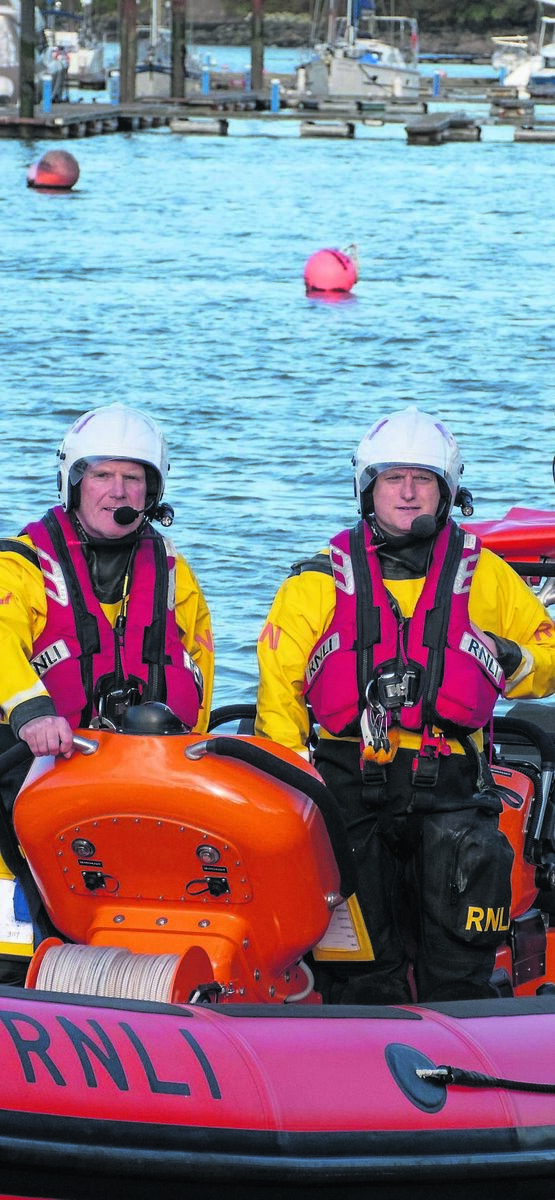
Before Kline Pennefeather joined Crosshaven Lifeboat station as a volunteer, he was a member of the coastguard in Eastbourne on England’s south coast.
“When I moved to Cork with my wife, who was pregnant, I joined the Fire Station,” says Kline. “In our job we undertook a lot of river rescues.
“Moving to Crosshaven when we down-sized, I was aware of the RNLI charity and I supported it,” says Kline. “I had an opportunity to join the Crosshaven Lifeboat Station and the lads accepted me.”
Kline was happy to be welcomed aboard.
“I thought volunteering with the RNLI brought with it a sense of adventure. I know that might be a cliché. Dealing with the unexpected and saving lives seemed adventurous.”
When his pager goes off, Kline swings into action. “My heart rate goes up and the adrenaline kicks in,” he says.
His valuable training always kicks in.
I go into rescue mode and implement my training at all times. I trust the skipper and he trusts me. We don’t worry about risk.
The lifeboat crew are shipmates.
“Knowing everybody strengthens our close connection, we have a good bond,” says Kline. “We train together, and we drink tea and chat together.”
The RNLI Lifeboat crew are a close-knit group. “That is right,” says Kline, smiling. “We are a band of brothers!”
This band of brothers get call-outs at various times day and night. “You can be relaxing at home and your pager will go off,” says Kline.
He knows what to do.
What does his wife do?
“If it’s late at night, she’ll open the outside gates with a key and off I go!” says Kline. “The support from home is great.”
Kline’s support for the RNLI is great.
“I love it,” says Kline. “I find volunteering with the Crosshaven Lifeboat Station very satisfying.
I am here for anyone who goes to sea, whether they are sailing, swimming or kayaking; I am here for them.
Does Kline always feel joy and jubilation being part of such an important crew saving lives at sea?
“When tragedy occurs, it can be traumatic,” he admits. “It is not always easy to bounce back then.”
He introduces me to Miss Betty.
“Come aboard!” he says.
Alan and Kline are there for each other in the best of times and the worst of times.
“We are the best of mates!” they say.
Crosshaven Lifeboat Station: 021-4831999.
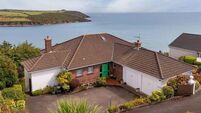






 App?
App?


